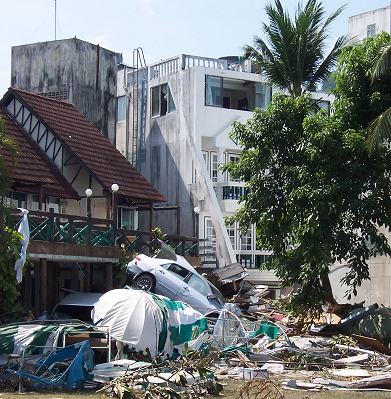History Of Phuket
Phuket has a long history of different foreigners that came into the island to settle down. Phuket was founded in the first century BC by a colonist from India. It was used to refer as ‘Jang Si Lang’ which later became ‘Junk Ceylon’. Economically, Phuket has rich resources so it attracts the explorers, traders etc. to come and take its abundance, and some, to settle.
 |
| Sea Gypsies In Phuket |
Sea Gypsies are the very first ones to settle in Phuket and they can be seen on the coastal areas in present day; the oldest ones are located at Rawai. As more and more people settle in Phuket, they started to record their history and started to build.
 |
| Two Heroines of Phuket |
When time passed, more villages were built. Two centuries ago, a story of two Heroines were told until this day; the sisters that protected the island of Phuket; they are extremely important to the islanders and this legend stays forever at their monument located in Thepkasattri Road, Thalang.
In additional, at the same time, extensive tin mining attracts thousands of Chinese Labourers to Phuket and their influences still remains. Nowadays, tin mining has become less viable after tin prices dropped late in the century. However, rubber trees have replaced the tin industries and rubber tree farms can be seen all over the island and remains as one of an important source of income.
 |
| Model of Tin mining in Phuket |
 |
| Rubber Plantation in Phuket |
 |
| Phuket Old Town |
Another extremely important source of income is tourism, with the increase of international tourists and the convenience of air travel, tourism became the main income, jobs in Phuket has revolved around tourism and the companies haven’t stopped expanding.
 |
| Patong Nightlife |
In daytime, tourists explore around Phuket, sightseeing the beaches, the nature and the Chinese influenced town, Phuket Old Town, nonetheless, in night time tourists most likely will visit the famous Patong, with countless of nightclubs and bars Patong was nicknamed “A place that never sleeps”.
Another major recent history of Phuket was the tsunami, in December 2004, that caused the death of at least 250 people on Phuket alone. Phuket soon recovered from the disaster but some physical damages still remains and the people will never forget what has happened.
 |
| Aftermath Of 2004 tsunami in Phuket |

